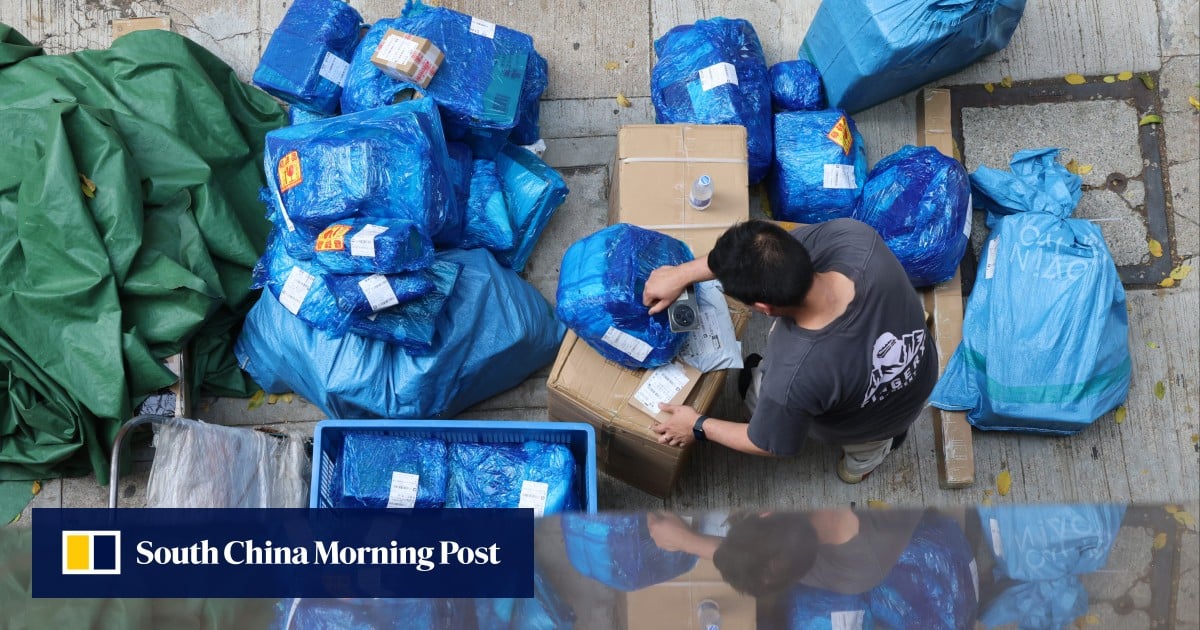West Africa: Chocolate and Rice Among Key EU Imports Facing Climate Threats - allAfrica.com
European supermarket shelves could become emptier as climate change and biodiversity loss threaten food production in countries that export to the EU, a report published on Wednesday warned.
The study by UK-based consultancy Foresight Transitions examined six major food imports - cocoa, maize, rice, wheat, coffee and soy - and found that more than half come from countries highly exposed to climate shocks and lacking the resources to adapt.
"These are not abstract threats - they are already manifesting concretely, negatively affecting businesses, jobs, and the availability and price of food for consumers," said Camilla Hyslop, one of the report's authors.
"And the situation is only getting worse."
Ominous dead tree emoji brings climate anxiety to your phone
The EU is the world's biggest consumer, producer and exporter of chocolate, but most of its cocoa imports come from five countries: Côte d'Ivoire, Ghana, Cameroon and Nigeria in West Africa, and Ecuador in South America.
All are grappling with growing environmental pressures.
"Climate impacts are worsened by biodiversity loss, which makes farms and ecosystems less resilient to shocks," Hyslop said.
"Less biodiverse farms are more vulnerable to crop diseases, which in turn often emerge because of declining biodiversity."
These combined pressures have already contributed to a 41 percent increase in the total value of imports last year, Hyslop added.
In 2022, Pakistan - a major rice exporter to Europe - lost 80 percent of its harvest due to severe flooding. In 2023, flooding in the UK and France reduced wheat yields, while high temperatures in Eastern Europe damaged maize crops.
Despite these setbacks, the EU's dependence on imported food continues to rise, with the report noting that Europe has doubled its maize imports over the past 10 years.

Sign up for free AllAfrica Newsletters
Get the latest in African news delivered straight to your inbox
Climate-driven changes to ocean colour fuel urgency ahead of UN summit
The report says shifting food production back to Europe is not a realistic solution. Many of the crops involved cannot be grown easily in the EU, and the continent is already facing its own climate and biodiversity pressures.
Foresight Transitions director Mark Workman, who co-wrote the report, told FranceInfo that relocation would be "a largely insufficient response".
Instead, he said the priority should be to strengthen the climate resilience of producers in partner countries - especially those that supply key ingredients for European food industries.
Workman said such support should not be seen as separate from Europe's broader security strategy. "In reality, they are two sides of the same coin," he added.









